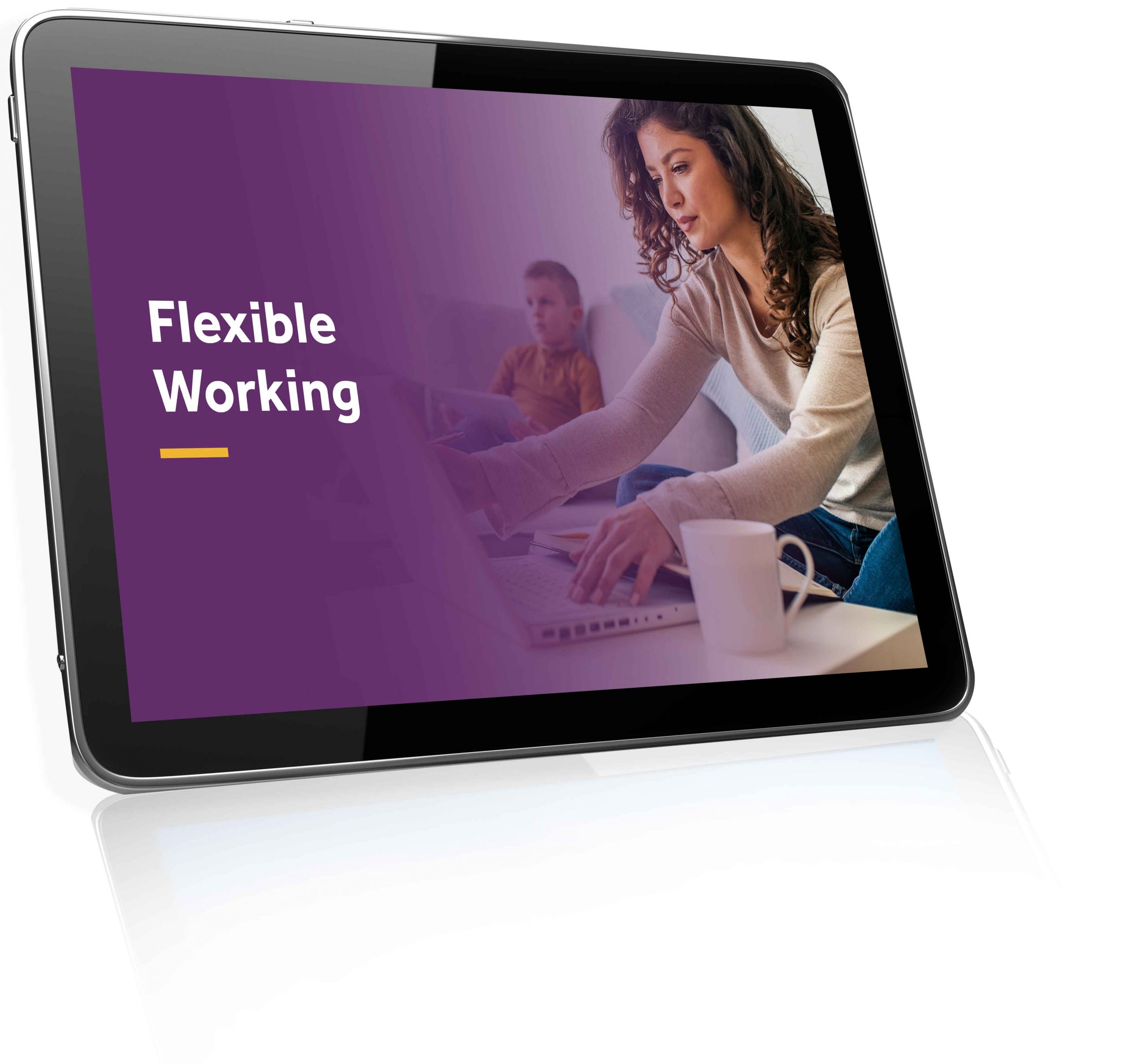
Women business owners account for 37% of the global GDP. Despite forming such a significant part of the economy, they have been more severely affected by the pandemic. Systemic and social barriers have stopped female business owners from reaching their full potential. This is evident from the numbers from the International Labour Organisation (ILO) which shows women’s employment declining 5.0% compared to 3.9% for men worldwide in 2020. Of the women who lost jobs, 90% have become economically inactive compared to 70% for men.
Understanding and appreciating the potential of women entrepreneurs will be beneficial for economies and the future of work. By ensuring women control their financial and professional future, we capitalize on a tangible and crucial resource. If you are a female business owner, what are the challenges facing you? How can you grow and thrive in business?
Women and resilience
Despite the pandemic and its escalating nature, women in business remained resilient. 14 economies saw increased women’s entrepreneurial activity during the pandemic. According to findings from the World Economic Forum and LinkedIn Data, women’s roles as leaders in industries such as software, IT, financial services, healthcare, and manufacturing rose in 2020. However, in industries such as consumer goods, non-profits, and media and communication, women’s share of leadership roles fell.
That is not to say that women business owners had smooth sailing during the pandemic. In lower income and developing economies, nearly 4 in 10 female founders had closed or may close their businesses due to the pandemic. Female business owners are also struggling to get equal treatment when seeking investment or funding.
Challenges facing women in business
Women are still expected to conform to the ‘superwoman’ culture. They are expected to do it all- be successful at their career and nurture the family. Women manage a wide range of roles in the household. They have less time on their hands and must constantly keep up with the growing list of responsibilities. The lack of technological infrastructure and support further undermines their ability to work digitally in various industries. Restricted access to finances, education, and professional opportunities contribute to some of the challenges facing women entrepreneurs. Significant gaps are visible in the business sector, with female small business owners having difficulties accessing funding and finances. Women pay back loans at greater rates than men across all lending categories, yet the perception remains of women being riskier
Across the globe, constant waves of infection and stringent measures led to additional burdens on women entrepreneurs. They had to juggle work from home along with added responsibilities of childcare, homeschool, and household chores. Remote working has also increased the pressure on employees to be constantly available. United Nations labour experts say that the COVID crisis will likely push global unemployment more than 200 million with women and youth workers most adversely affected. The COVID-19 crisis will have a long-term scarring effect on women’s ability to start a business where technical or digital skills are required. The discrepancy in skillset will make it challenging for women entrepreneurs to succeed and thrive.

Flexible Working Guide
Flexible working arrangements can help women in business efficiently manage their workload. Our guide outlines and explains important aspects of Flexible Working and may help you to implement Flexible Working policies in your workplace.
Women in business in New Zealand
According to a recent survey, New Zealand has ranked second among the best places for women in business globally. The country boasts of favourable conditions such as effective governance, sociocultural positivity, and entrepreneurial support. New Zealand’s connectivity and size is one of the major reasons women entrepreneurs succeed. The smaller size of the country makes it an ideal testing ground. It forms a perfect low-cost test market.
Steps to take
The economic potential of women founded businesses is massive. Not only do women run businesses deliver a higher return to investors, but they also could add as much as US$5 trillion to the global economy. So, what steps can female business owners take to unlock this potential?
Equality- Women find themselves disproportionately burdened with excessive unpaid work at home and the office. Workplaces need to be reformed and redesigned for a balanced workforce. Businesses with senior female leadership and female run businesses should take the lead and offer equality at the workplace. This could be in the form of remote working, flexible work arrangements, or providing a clear work-life balance.
Training- There is an urgent need to upskill and train women in the workforce. Women entrepreneurs should seek grants and subsidies to advance their skills and careers. Female run businesses can offer training or mentoring to other women and diverse groups of employees. They can also join networking and professional groups, thus contributing to the local community.
Security- Women working in the informal sector are vulnerable due to the lack of documentation and contracts. Whether you are an employee or female entrepreneur, ensure the documentation and contract protects you and benefits you.
How can we help you?
Employsure has worked with 30,000 business owners across Australia and New Zealand. We understand the struggles and challenges facing employers and business owners. Call our 24/7 Advice line today.
